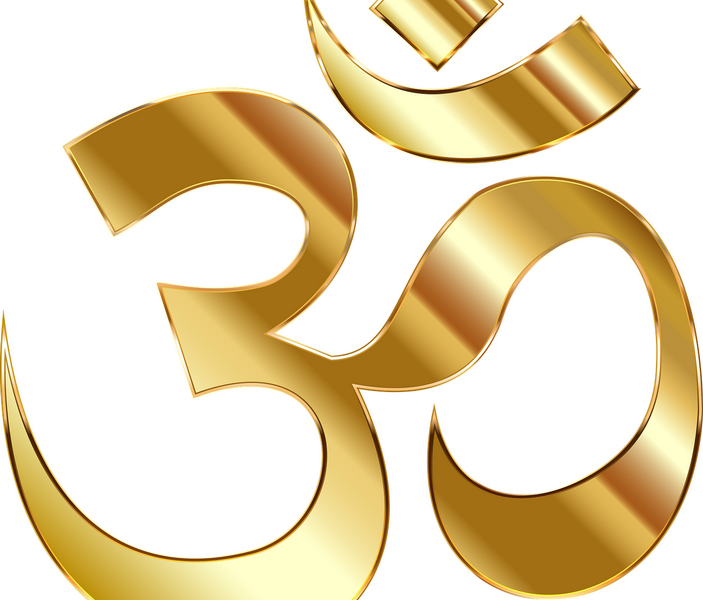The Vedas, often regarded as the oldest sacred texts of Hinduism, are a timeless repository of wisdom that has guided humanity for millennia. Composed in ancient India, these profound scriptures encompass a vast array of knowledge, including philosophy, spirituality, rituals, cosmology, and much more. In this blog article, we embark on a journey to explore the significance, content, and relevance of the Vedas in today’s world.
Explore Meditation Retreats & Wellness Retreats
Explore Yoga Retreats with Tejomaia.com

The Origins and Structure of the Vedas
The Vedas are a collection of ancient texts that were passed down through generations orally before being eventually transcribed. The word “Veda” itself means “knowledge” or “wisdom” in Sanskrit, reflecting the profound insights contained within these texts. The Vedas are traditionally classified into four main categories:
- Rigveda: The oldest Veda, consisting of hymns and verses primarily focused on praising various deities and exploring the nature of reality.
- Samaveda: Comprising melodies and chants derived from the Rigveda, it emphasizes the musical aspect of the verses.
- Yajurveda: This Veda provides instructions for performing rituals and ceremonies, outlining the proper way to conduct sacrificial offerings.
- Atharvaveda: Featuring a diverse range of subjects, including spells, rituals, and philosophical musings, it offers a more practical and magical perspective.
Philosophical Insights and Spiritual Wisdom
Embedded within the Vedas are profound philosophical teachings that delve into the nature of existence, the self, and the ultimate reality. Concepts such as Brahman (the ultimate reality), Atman (the individual soul), and Karma (the law of cause and effect) are central to Vedic philosophy. The Upanishads, which are considered a continuation of Vedic thought, further expand on these concepts, offering deep insights into the nature of consciousness and the path to self-realization.
Relevance in Modern Times
While the Vedas originated in a distant past, their teachings remain remarkably relevant in the present day. Here’s why:
- Ethical Guidance: The Vedas emphasize ethical values, such as truth, compassion, and self-discipline, which are essential for leading a balanced and meaningful life.
- Spiritual Exploration: The Vedas provide a foundation for those seeking spiritual growth and self-discovery, offering guidance on meditation, self-awareness, and inner peace.
- Cultural Preservation: These ancient texts play a crucial role in preserving the cultural and historical heritage of India and serve as a source of inspiration for art, literature, and music.
- Scientific Parallels: Some Vedic insights align with modern scientific discoveries, such as the concept of the interconnectedness of all life and the cyclical nature of time.
Misconceptions and Interpretations
It’s important to address common misconceptions about the Vedas. While these texts contain a wide range of knowledge, they do not solely focus on rituals or dogma. Rather, they offer a holistic view of life, encompassing spiritual, philosophical, and practical aspects.

The Vedas stand as a testament to the enduring power of human curiosity and intellect. As we navigate the complexities of the modern world, we can draw inspiration from the timeless wisdom found within these ancient texts. By exploring their teachings, we open ourselves to a deeper understanding of existence, a more profound connection with our inner selves, and a greater appreciation for the interconnectedness of all things. Just as the Vedas have guided countless generations before us, they continue to illuminate the path to a life of purpose, meaning, and enlightenment.
Explore Meditation Retreats & Wellness Retreats
Explore Yoga Retreats with Tejomaia.com


